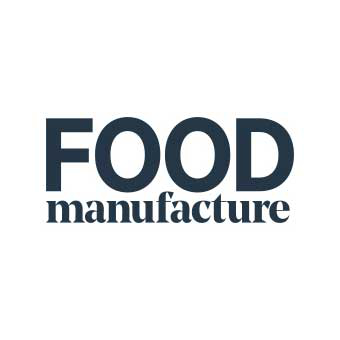The real price of a new EU-US trade war
Last month, trade commissioner Cecilia Malmström told European trade ministers that if President Trump hits the EU with 25 per cent tariffs on cars, Brussels is prepared to hit back with tariffs on some $20 billion worth of American exports.
Trade wars don’t involve the outright destruction of military action, but both kinds of conflict put political ambitions and vested interests ahead of human welfare. And though the damaging effects of trade wars are not always immediately apparent, make no mistake, they are numerous, deep and extensive.
In March, President Trump reiterated his intention to impose tariffs on cars and car parts from the EU should the two parties fail to arrive at a comprehensive deal. The US Commerce Department had previously submitted a report to the White House in mid-February, concluding that Trump could justify the tariffs on national security grounds.
As with military intervention, what matters is an outcome, not a justification. If the US imposes a 25 per cent tariff on imported EU cars and parts, it would mean higher prices for US consumers and, ironically, damage the American car industry, which depends on imported parts. By the same token, if the EU retaliates, it will end up hurting not only US exporters, but European consumers too.
Protectionists, however, haven’t been very creative in their reasoning. One of their key motivations is rooted in the idea that tariffs protect domestic industries. The EU has been extremely successful in employing this argument. Export subsidies pushed through the Common Agricultural Policy (CAP) were initially developed to guarantee high prices for European farmers, offset by import levies. Protecting farmers was the ostensible aim of the CAP.
What policymakers didn’t see, however, was that the CAP resulted in excess supply from national producers, coupled with a lack of demand from domestic consumers. What’s more, once the CAP was fully implemented in 1967, imports from the US covered by new tariffs declined by 40 per cent.
Did the policy achieve its goal of protecting European farmers? Certainly. Did the policy’s gains outweigh the costs? Absolutely not.
The cost of protectionism is consumer choice, or what economists call ‘welfare loss’. That basic insight seems lost on most policymakers, perhaps unsurprisingly when they face well-organised industry lobbyists with deep pockets and political influence. The prospect of possible job losses in a particular region or industry is always likely to weigh more heavily on a politician’s mind than the more widely dispersed benefits of free trade.
The agricultural industry is a case in point. European farmers know what they stand to lose if the EU opens its market to agricultural imports from across the pond. In much the same way, the US car industry knows it would suffer from proper competition with European car giants.
But do we as consumers know what we would lose and what we could potentially win with a more liberal trade policy? When was the last time we truly noticed an imported cheap good in the store?
Should the US impose a tariff and the EU retaliate, it’s likely most of us won’t even notice that we’re in a trade war. However, the US-China dispute demonstrates amply that, just as with real wars, those fought with tariffs do not have winners.
The latest data suggests that the trade war with China has cost American consumers $20 billion and US exporters $16 billion. Both the US and Chinese economies each lose about $2.9 billion annually because of Chinese tariffs on soybeans, corn, wheat and sorghum alone. It’s a stark reminder that trade wars not only hurt the side that starts it, but also the one that retaliates.
As with every war, it is often assumed that threats and acts of aggression, in this case, tariffs, will bring about victory – certainly that seems to be Trump’s view. Ultimately, however, they always end up causing destruction. Simply put, there is no argument for protectionism that justifies its impact on all of our welfare.
As in the Prisoner’s Dilemma, both parties are better off if each chooses to cooperate. In this case, the EU and the US will both win if instead of seeking to sucker their opponent, they work together on a mutually beneficial trade deal.
Maria Chaplia is a media associate for the Consumer Choice Center.
Originally published at https://capx.co/the-real-price-of-a-new-eu-us-trade-war/?fbclid=IwAR3gyZAHqvPflQK1D9TseLZjE8-_O4WqM9BH_PUoff_z0gzvAd8l116t_Qg









